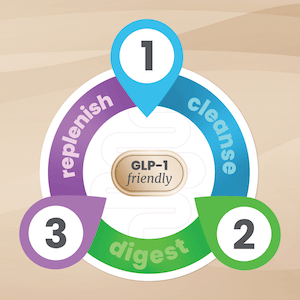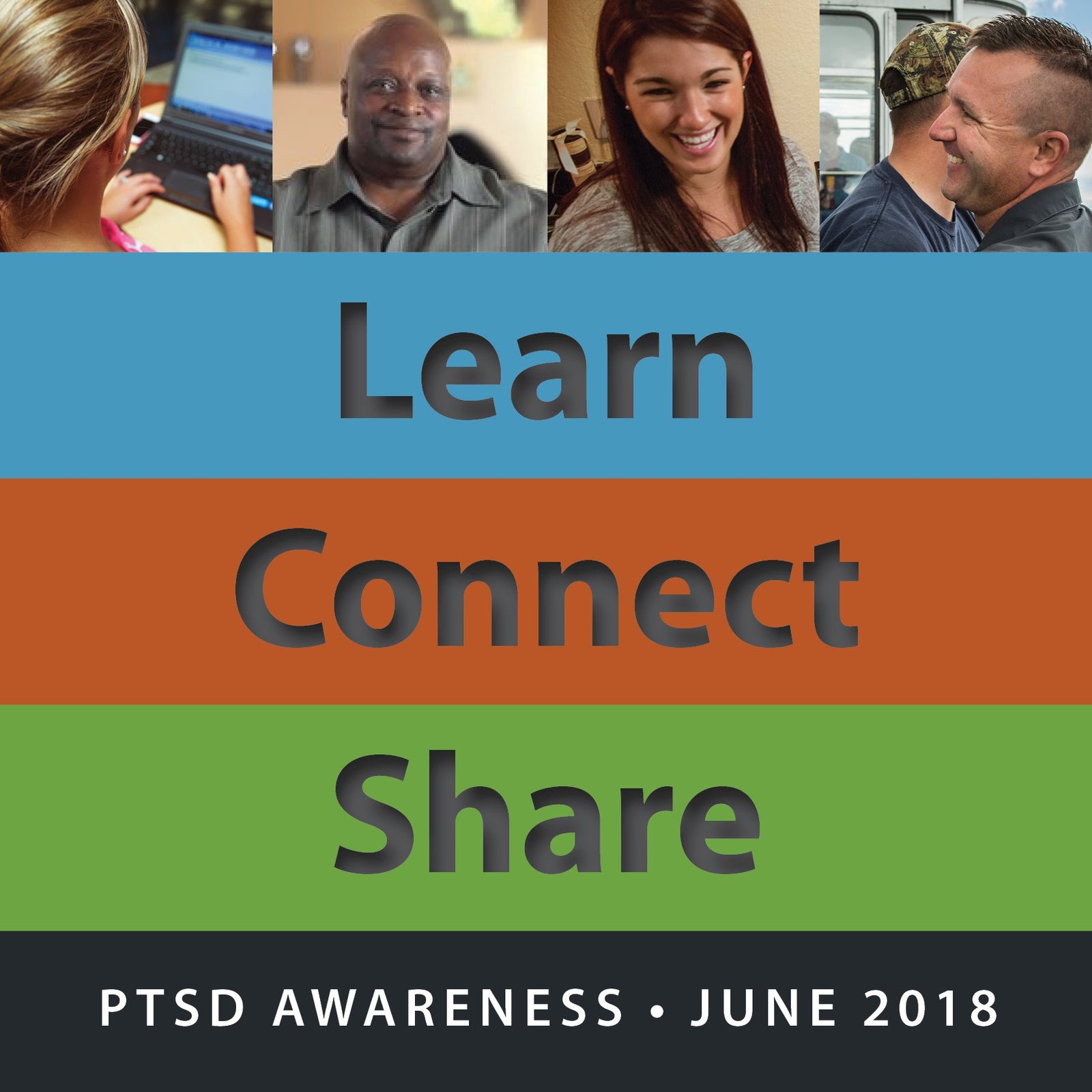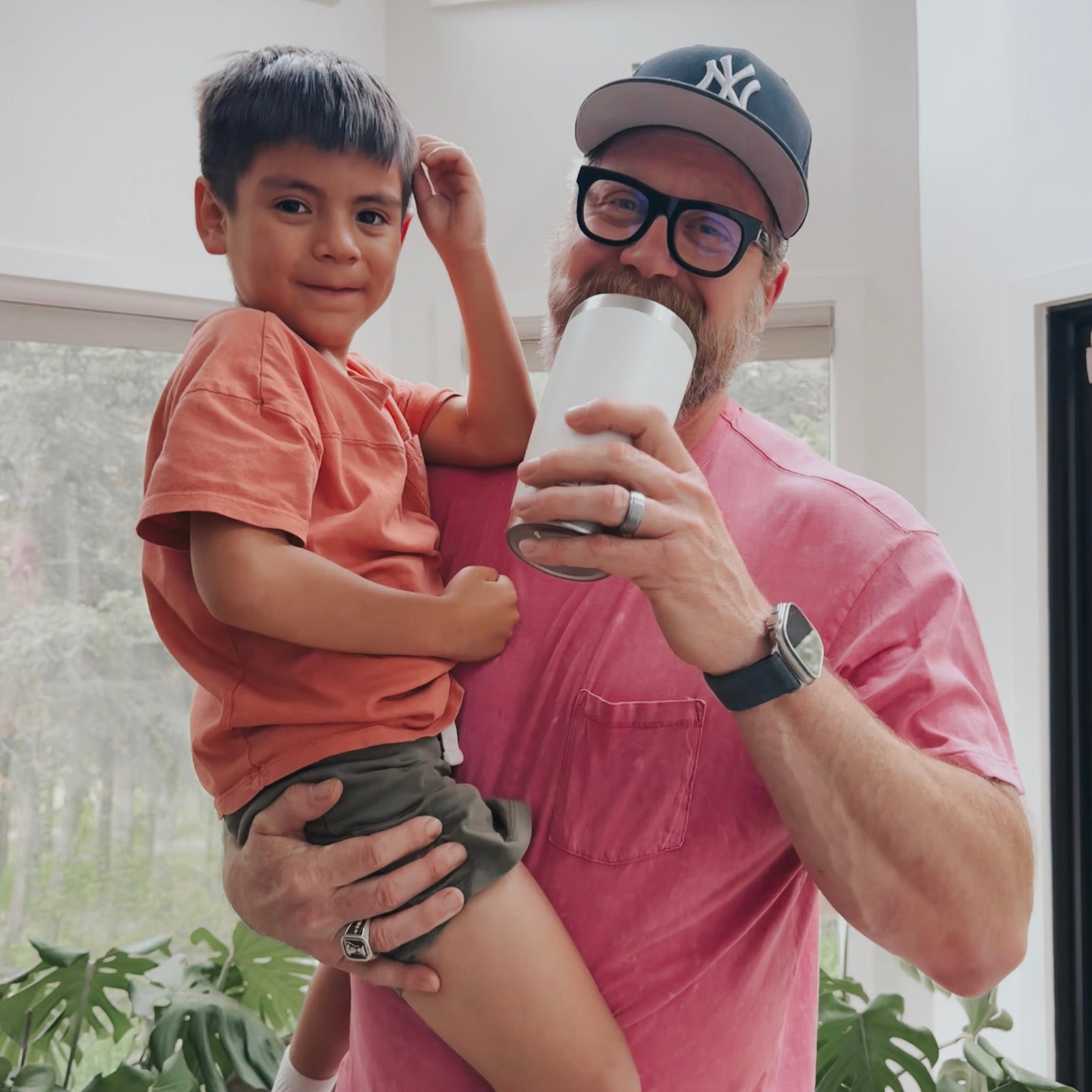If you don't know already, PTSD stands for Post Traumatic Stress Disorder. Though it's commonly associated with veterans and the "invisible wound of war", PTSD can impact many first responders like police officers, firefighters, EMTs and really anyone who experiences high stress, traumatic events.
If you or a loved one may be experiencing PTSD signs and symptoms, don't go it alone. There are plenty of organizations designed to support your journey. You might even consider looking into a PTSD service dog that can assist with emotional overload and provide companionship wherever you go.
The important thing with PTSD, and any season of debilitating stress for that matter is that you don't try to white-knuckle your way through it. Beyond emotional fatigue, there's a lot going on at an anatomical level. B Vitamins are depleted at a faster rate than normal which can translate into many health complications. To curb this, it may be in your best interest to use a high-quality Vitamin B spray. Furthermore, your heart rate and blood pressure might change, metabolism may be offset and it's not uncommon to experience:
- bouts of depression
- insomnia
- low energy
- a compromised immune system
- headaches and anxiety
- increased mood swings
To learn more about PTSD and its signs and symptoms, visit: https://www.ptsd.va.gov/public/ptsd-overview/basics/symptoms_of_ptsd.asp
Let this June symbolize a change in your life. Turn your stress into seasons of physical activity and wellness, contact a support organization or look into other forms of assistance. Whatever you do, don't let the weight of the world rest on your shoulders. Traumatic stress, in its many fashions, can be mentally, emotionally and physically crippling if left unaddressed. You deserve the best help around and the brightest future ahead!


















